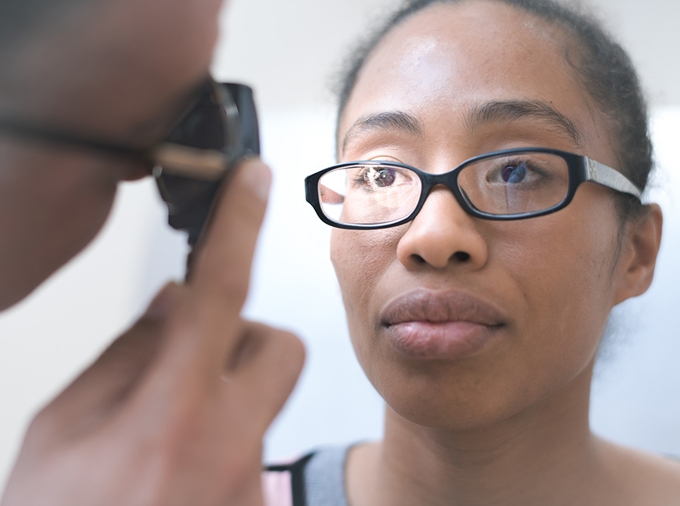Reaching your weight loss goals in 2021
Feb 3, 2021

As she had done for the past 3,960 days, Alicia Garcia Flynn hesitantly rolled out of bed to inject the first of four insulin shots into her stomach — a daily routine she had grown weary of.
No matter what she ate, or how many insulin shots she administered, the 37-year-old from Selma was unable to control her blood sugar levels, or weight which was inching over 250 pounds. About 10 years prior, she was diagnosed with type 2 diabetes, a condition that claimed the lives of both her grandparents who died of heart problems in their 60s, and a battle that both her parents are currently fighting.
“I thought to myself, if I don’t get myself in order, I’m going to end up dying young,” she says.
After years of doctors telling her she wasn’t a good candidate for weight loss surgery because of her uncontrollable diabetes, Garcia Flynn finally received some good news.
“Just after a few visits with Dr. Prem Sahasranam (Dr. Sahas), my endocrinologist, he asked if I had considered bariatrics surgery to help lose weight. He said it would be the best thing for me and referred me to Dr. Michael Morell,” says Garcia Flynn.
She met with Dr. Morell, a general surgeon who is part of the Weight Management Program at Adventist Health in the Central Valley, as well as a nutritionist, in the months leading up to her gastric sleeve surgery on March 19, 2020.
“Dr. Morell was very easy-going and made me feel comfortable,” she says. “He made me feel at peace.”
A nutritionist also educated Garcia Flynn on the foods she should eat, including vegetables, proteins and protein shakes.

Before
![Bariatrics Patient Livingwell Thelantern Adj 2)[3]](http://www.timtrai.com/images/blog/hanford/20201111_ahcvn_bariatrics_patient_livingwell_thelantern_adj.2)[3].jpg)
After
“A lot of my weight gain was because of poor eating habits. I was an emotional stress eater and loved comfort foods like burritos, tacos, burgers, sweets, cakes, pies, you name it. I never had a nutritionist tell me the best way to prepare food,” she says.
At her peak, Garcia Flynn weighed 252 pounds. When she underwent gastric sleeve surgery last year, she weighed 244 pounds. Since the surgery, she’s lost 67 pounds and now weighs 177 pounds. The best part, she’s no longer diabetic!
“I was taking insulin shots before every meal and at night before going to bed. Now, I only take one insulin shot to help wean me off the medication. It’s amazing waking up and checking my sugars and not being over 200 or 300 in sugar levels,” she says.
Another noticeable difference is in her physical abilities.
“My knees used to hurt when I would bend down to get on the floor because of all the extra weight. I no longer feel that pain and don’t have to hold on to things to get up or down.”
Being a thrill seeker, Garcia Flynn enjoys roller coasters, but her weight was also preventing her from taking part in such activities. “I couldn’t go on rides because the bar wouldn’t lock, or the seatbelt wasn’t big enough.”
She now looks forward to visiting theme parks in the future and has even added skydiving to her to-do list.
What she’s most excited about is adding to her family.
“My current husband and I have been together for 10 years and we’ve never had a child together because the diabetes caused a hormone imbalance that prevented me from getting pregnant. We would like to try to have a child in the future.”
Garcia Flynn also looks forward to sharing more moments with her 16-year-old daughter.
“I now have a better outlook on life,” she says.
For more information about Adventist Health’s Weight Management Program, including insurances accepted, contact Nurse Navigator Cynthia Ballesteros at 559-537-1720.
Related articles

Diabetes and Eye Health: Why Regular Screenings are Crucial
September 29, 2023

Gut-Healthy Foods: Eating for Your Digestive Health
February 6, 2024

Holiday Health Risks: Seasonal Triggers that Spike Emergency Room Visits
December 8, 2023